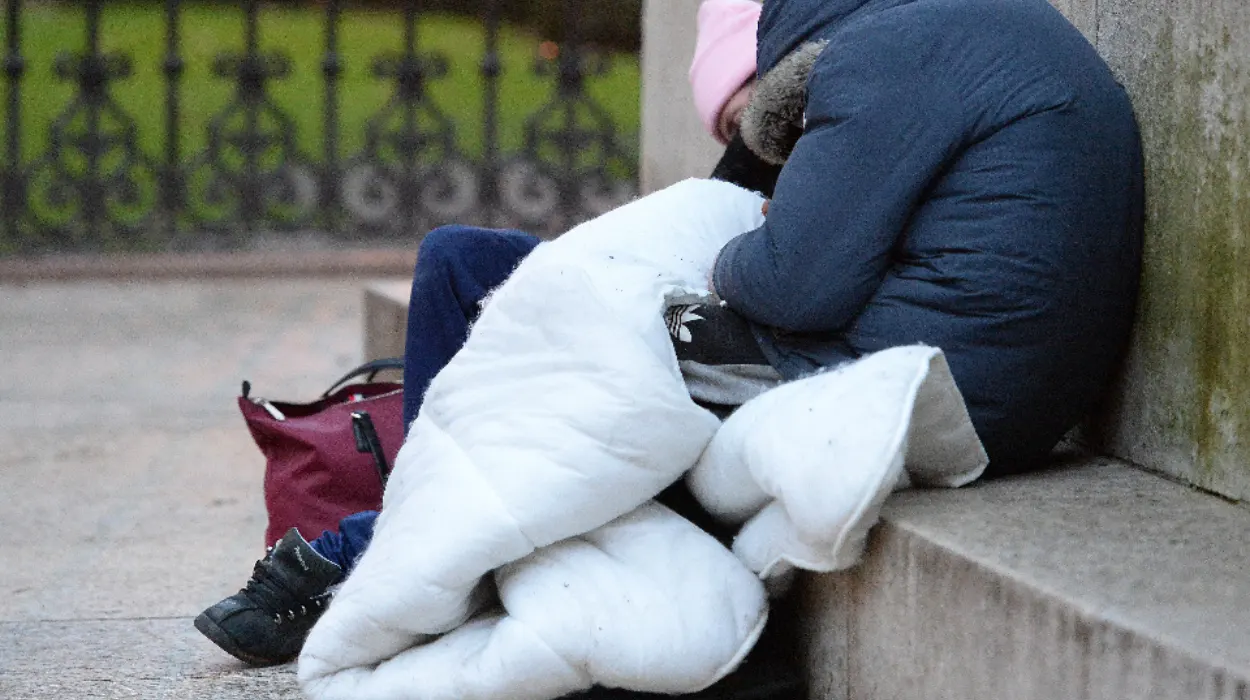Barnet (Parliament Politics Magazine) – Rough sleeping in Barnet has risen to 15, up from 9 last year, as homelessness across England reaches a post-pandemic high, reports Adam Care, Data Reporter.
According to recent estimates, there were more persons sleeping on the streets of Barnet last autumn.
During the coronavirus pandemic, the government’s “Everyone In” campaign, which sought to end homelessness, offered housing to thousands of individuals.
However, after the epidemic, numbers have skyrocketed throughout England, increasing for the third year in a row. Homelessness charities have called this scenario “unacceptable.”
A nationwide snapshot survey of rough sleeping on a certain autumn night is carried out annually by the Ministry of Housing, Communities, and Local Government.
According to the statistics, which were released this week, there were 15 homeless people in Barnet, which is more than there were nine the previous year.
Additionally, this was more than the 13 that existed in 2021, when the government’s “Everyone In” initiative was put into place.
Last year, the anticipated number of persons sleeping on the streets increased by 20% to 4,667 nationwide.
This is about twice the amount in 2021 and the second-highest level ever recorded.
Figures are generally regarded as an undercount of the actual population, which includes those sleeping outside but excludes sofa surfers, those staying in hostels or shelters, and those visiting tourist or recreational locations.
Matt Downie, chief executive of homelessness charity Crisis, said the figures “paint a desperate picture”, with thousands “at significant risk of violence, extreme weather and even premature death”.
It’s an emergency and it must spur action,”
he said.
The Westminster government has a once in a generation opportunity to deliver transformative change through its upcoming strategy to end homelessness.”
According to him, politicians need to make a commitment to increasing the number of social dwellings and funding housing benefits.
Two women in Barnet are among the 680 women nationwide who are sleeping on the streets, a 20% increase from 568 the previous year.
Polly Neate, chief executive of housing charity Shelter, said:
“It is unacceptable that homelessness continues to rocket when the Government has the power to end it entirely.”
She added:
“Homelessness has a simple solution – a safe, secure social rent home gives everyone the chance to succeed, but there’s nowhere near enough.
If the government is serious about tackling the housing emergency, we must see ambitious investment in social housing in June’s Spending Review.
Investing in 90,000 social rent homes a year for 10 years would give families a fighting chance and end homelessness for good.”
Minister for homelessness Rushanara Ali said the figures show the “devastating impact” of the housing crisis the government inherited.
She added:
“We’re taking determined action to turn the tide and that’s why this week this government stepped in to double our emergency homelessness funding to £60 million as an immediate support for councils to keep people in their homes.”
This comes alongside the £1 billion we have already committed this year to tackle the root causes of homelessness, including the largest ever investment in preventative services, so they can put in place long-lasting solutions, not just sticking plasters, to end this crisis.
How is Barnet council addressing the increase in rough sleepers?
Rough sleepers can find temporary lodging at a 17-bed assessment center, which also offers assistance in transitioning them into permanent homes.
Money has been set aside to buy 55 houses that will house rough sleepers for the long term while providing residents with continuing assistance.
Through partnerships and outreach services, emergency housing is made available to all rough sleepers during extreme weather.
A £301,101 grant was given to Barnet Council to address homelessness and rough sleeping. This grant will address the underlying causes of homelessness and assist in finding housing for those who are at risk.
Preventing homelessness, decreasing the usage of temporary housing, and assisting rough sleepers through collaborations and focused assistance are the main objectives of the council’s policy.


